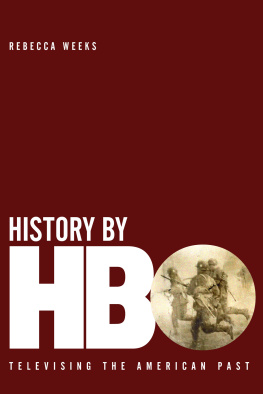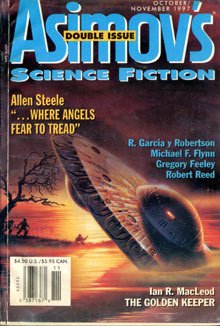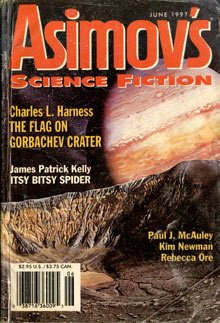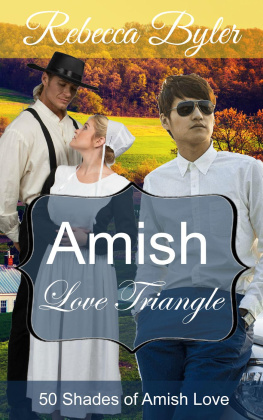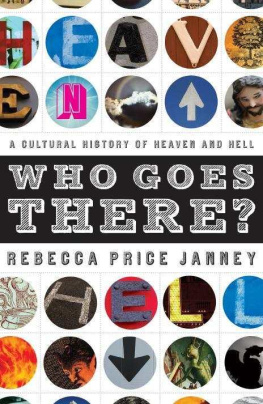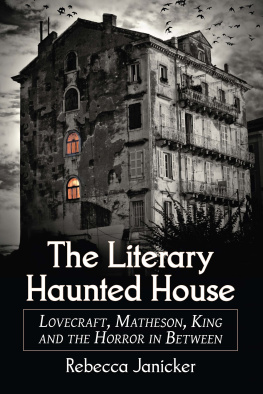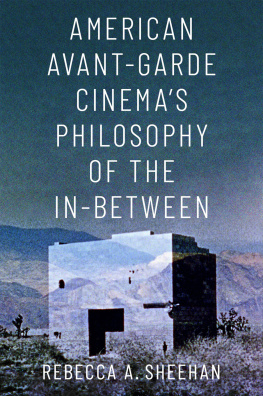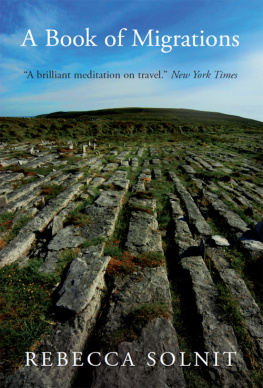Rebecca Weeks - History by HBO: Televising the American Past
Here you can read online Rebecca Weeks - History by HBO: Televising the American Past full text of the book (entire story) in english for free. Download pdf and epub, get meaning, cover and reviews about this ebook. year: 2022, publisher: UP of Kentucky, genre: Romance novel. Description of the work, (preface) as well as reviews are available. Best literature library LitArk.com created for fans of good reading and offers a wide selection of genres:
Romance novel
Science fiction
Adventure
Detective
Science
History
Home and family
Prose
Art
Politics
Computer
Non-fiction
Religion
Business
Children
Humor
Choose a favorite category and find really read worthwhile books. Enjoy immersion in the world of imagination, feel the emotions of the characters or learn something new for yourself, make an fascinating discovery.
- Book:History by HBO: Televising the American Past
- Author:
- Publisher:UP of Kentucky
- Genre:
- Year:2022
- Rating:4 / 5
- Favourites:Add to favourites
- Your mark:
- 80
- 1
- 2
- 3
- 4
- 5
History by HBO: Televising the American Past: summary, description and annotation
We offer to read an annotation, description, summary or preface (depends on what the author of the book "History by HBO: Televising the American Past" wrote himself). If you haven't found the necessary information about the book — write in the comments, we will try to find it.
History by HBO: Televising the American Past — read online for free the complete book (whole text) full work
Below is the text of the book, divided by pages. System saving the place of the last page read, allows you to conveniently read the book "History by HBO: Televising the American Past" online for free, without having to search again every time where you left off. Put a bookmark, and you can go to the page where you finished reading at any time.
Font size:
Interval:
Bookmark:

Copyright 2022 by The University Press of Kentucky
Scholarly publisher for the Commonwealth, serving Bellarmine University, Berea College, Centre College of Kentucky, Eastern Kentucky University, The Filson Historical Society, Georgetown College, Kentucky Historical Society, Kentucky State University, Morehead State University, Murray State University, Northern Kentucky University, Spalding University, Transylvania University, University of Kentucky, University of Louisville, and Western Kentucky University.
All rights reserved.
Editorial and Sales Offices: The University Press of Kentucky
663 South Limestone Street, Lexington, Kentucky 40508-4008
www.kentuckypress.com
Library of Congress Cataloging-in-Publication Data
Names: Weeks, Rebecca, author.
Title: History by HBO : televising the American past / Rebecca Weeks.
Description: Lexington : The University Press of Kentucky, [2022] | Includes index.
Identifiers: LCCN 2022004943 | ISBN 9780813195308 (hardcover) | ISBN 9780813195322 (pdf) | ISBN 9780813195315 (epub)
Subjects: LCSH : Home Box Office (Firm) | Historical television programsUnited StatesHistory. | Television and historyUnited States.
Classification: LCC PN 1992.92. H 66 W 44 2022 | DDC 384.55/54dc23/eng/20220308
LC record available at https://lccn.loc.gov/2022004943
This book is printed on acid-free paper meeting the requirements of the American National Standard for Permanence in Paper for Printed Library Materials.

Manufactured in the United States of America
 Member of the Association of University Presses
Member of the Association of University Presses
Its not TV. Its HBO.
This was the tagline of Home Box Office (HBO) from 1996 to 2009. The declaration epitomized HBOs marketing strategy to differentiate its programming, and especially its original content, from traditional broadcast fare, but the taglines validity continues to be a topic for debate by TV scholars and critics. The ambiguous state of TV makes the straightforward topic of history on television a more complicated prospect than it may at first seem. However, it is precisely the shifting and maturing nature of television and the TV industry that makes it a rich medium for crafting and telling historical stories.
No longer confined by rigid viewing schedules and large, boxy technology, watching TV has become a more flexible and accessible activity. People still gather in front of the traditional family TV and have sets switched on in kitchens, bedrooms, and home theater rooms, but many also carry laptops, tablets, and mobile phones that allow them to access the same content on these portable devices. Platform mobility gives viewers mobile access to a wide range of entertainment choices.
The shows that viewers are watching via these new platforms are changing too. Rather than airing approximately twenty-two episodes per season (the typical length of TV series), the standard cable and streaming season generally runs only eight to sixteen episodes.
Indeed, it is the ubiquity of TV and its function as a cultural hearth that warrant a closer examination of how it tells historical stories.
Long-form drama, though, which in my classification includes both TV miniseries (series with a limited number of episodes that tell a closed story) and TV serials (ongoing multiseason series), has unique capabilities and possibilities for engaging with history. This potential has been amplified by the intertwined technological, industrial, and cultural developments outlined above. The changes to viewing habits, content, and technology have shaped the kinds of historical stories that can be told on the small screen, as well as the way they are told. This book examines how these changes to the television industry, coupled with the longer running time and unique structure of long-form dramas, shape how historical stories are created and told on TV. The case studies chosen for this exploration of how TV does history are all HBO original content. While the premium cable channel claims to be not TV, HBOs original programming has become a template for other broadcast and cable channels, as well as streaming services. Because HBO has been at the forefront of many television industry advances, it makes sense to study its historical programming as an entryway to examining how history is presented in quality TV dramas during the current golden age of television.
This is not the first golden age of TV; nor are HBOs shows, and the many others they have inspired, the first to be called quality TV. The history of American television programming can be broken down into roughly three periods. TVI, or the network era, lasted from the early 1950s to the early to mid 1980s and was dominated by the Big Three networks, ABC, CBS, and NBC. While quality TV shows of the TVII period such as Hill Street Blues (NBC, 198187), St. Elsewhere (CBS, 198288), and Twin Peaks (ABC, 199091) were initially few and far between, in the 1990s quality TV shows proliferated and became commonplace on network TV.
The third golden age is again closely linked to quality TV serial dramas, although the characteristics of quality have evolved and the current crop is produced not by the Big Three networks but by cable (and, more recently, streaming) channels. The third golden age of TV began in 1999 at the start of the TVIII period, and whether or not it has ended is a constant issue of contention. John Caughie states that Golden Ages only exist in retrospect and it is through hindsight that they are constructed. In the current world of TV programming, the advent of every TV season and release of almost every new high-profile drama generates a discussion of whether or not it signals the end of the current golden age. Golden ages and quality TV are, as Caughie states, ideas that are perpetually cloaked in quotation marks.
HBO has become synonymous with quality TV in the third golden age but has long been a leader in the TV industry, not only in terms of original content but in regard to technology and business model. HBO was launched in 1972 and in 1975 became the first pay TV channel to broadcast via satellite with the Thrilla in Manila boxing match. Eleven years later HBO led the way in guarding against unauthorized access to its channel by digitally encrypting its signal, thereby securing revenue. HBO was also one of the first to build up its services, adding Cinemax to its package in 1980, which was followed in subsequent years by the inclusion of many more channels, such as HBO Comedy, HBO Family, and HBO Latino.
HBOs complex historical dramas are, in part, a result of the company tailoring content to attract and maintain educated and affluent audiences. As a pay-service provider, HBO relies on monthly subscription fees rather than revenue from advertisers. This means that HBO is free of commercial interruption and uncontaminated by the demands of advertisers but is consequently completely reliant on subscription fees and needs to work constantly to maintain and build its subscriber base. Subscribers expect and demand a level of sophistication and complexity in HBOs original programming, not only in its contemporary dramas but in its historical dramas too. With viewers that are unlikely to be satisfied with cookie-cutter master narratives, HBO has an incentive to produce challenging historical series that will appeal to its core audience.
Font size:
Interval:
Bookmark:
Similar books «History by HBO: Televising the American Past»
Look at similar books to History by HBO: Televising the American Past. We have selected literature similar in name and meaning in the hope of providing readers with more options to find new, interesting, not yet read works.
Discussion, reviews of the book History by HBO: Televising the American Past and just readers' own opinions. Leave your comments, write what you think about the work, its meaning or the main characters. Specify what exactly you liked and what you didn't like, and why you think so.

